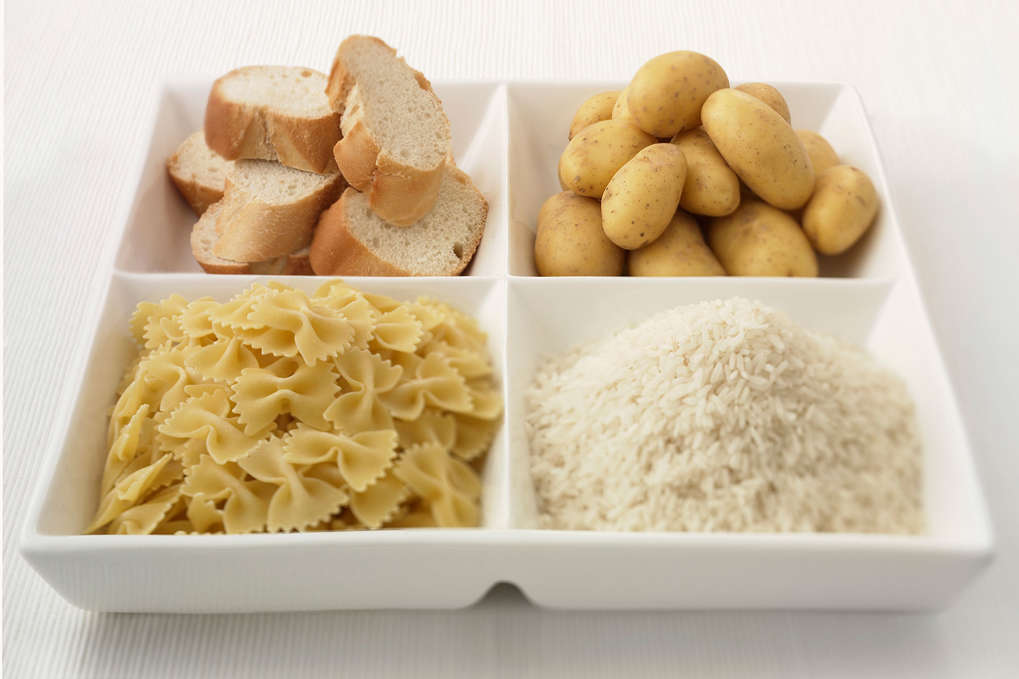Yerusha
Member
- Messages
- 13
- Type of diabetes
- Treatment type
- Tablets (oral)
According to scientists we should avoid fats, not carbs, if you want to lose weight... If you want to lose weight, you should cut fat from your diet instead of carbohydrates, a new study claims!!
These foods are very bad for us so not sure about their advise!!!
Writing in the Cell Metabolism journal, scientists said that cutting fat resulted in more body fat loss than cutting carbohydrates when measured by metabolic balance. Nineteen adults with obesity were put on both a diet that avoided carbohydrates and a diet that avoided fats for six days each. The researchers found that both diets led to body fat loss, though people lost more on the diet that reduced fat intake.
After six days on each diet, the results showed that those on the diet that reduced carbohydrates had lost an average of 245g of body fat, while those on the reduced fat intake diet had lost 463g. Lead researcher Dr Kevin Hall, from the US National Institute of Diabetes and Digestive and Kidney Disease, said there was no metabolic reason for people to opt for a low-carb diet: "With carb reduction you do lose body fat, but not as much as when you cut out the fat."
However, Dr Hall concluded that people should still attempt to stick to the diet they feel most comfortable with, as some individuals may lose more weight by reducing their carbohydrate intake. He told BBC News : "If it's easier to stick to one diet than another, and to ideally do it permanently, then you should choose that diet. "But if a low-fat diet is better for you, then you are not going to be at a metabolic disadvantage."
Professor Susan Jebb, from the University of Oxford, added: "The investigators rightly conclude that the best diet for weight loss is the diet you can stick to. "All diets 'work' if you stick to an eating plan that cuts calories, whether from fat or carbohydrate, but sticking to a diet is easier said than done, especially given the prolonged time it takes to lose weight."

These foods are very bad for us so not sure about their advise!!!
Writing in the Cell Metabolism journal, scientists said that cutting fat resulted in more body fat loss than cutting carbohydrates when measured by metabolic balance. Nineteen adults with obesity were put on both a diet that avoided carbohydrates and a diet that avoided fats for six days each. The researchers found that both diets led to body fat loss, though people lost more on the diet that reduced fat intake.
After six days on each diet, the results showed that those on the diet that reduced carbohydrates had lost an average of 245g of body fat, while those on the reduced fat intake diet had lost 463g. Lead researcher Dr Kevin Hall, from the US National Institute of Diabetes and Digestive and Kidney Disease, said there was no metabolic reason for people to opt for a low-carb diet: "With carb reduction you do lose body fat, but not as much as when you cut out the fat."
However, Dr Hall concluded that people should still attempt to stick to the diet they feel most comfortable with, as some individuals may lose more weight by reducing their carbohydrate intake. He told BBC News : "If it's easier to stick to one diet than another, and to ideally do it permanently, then you should choose that diet. "But if a low-fat diet is better for you, then you are not going to be at a metabolic disadvantage."
Professor Susan Jebb, from the University of Oxford, added: "The investigators rightly conclude that the best diet for weight loss is the diet you can stick to. "All diets 'work' if you stick to an eating plan that cuts calories, whether from fat or carbohydrate, but sticking to a diet is easier said than done, especially given the prolonged time it takes to lose weight."

